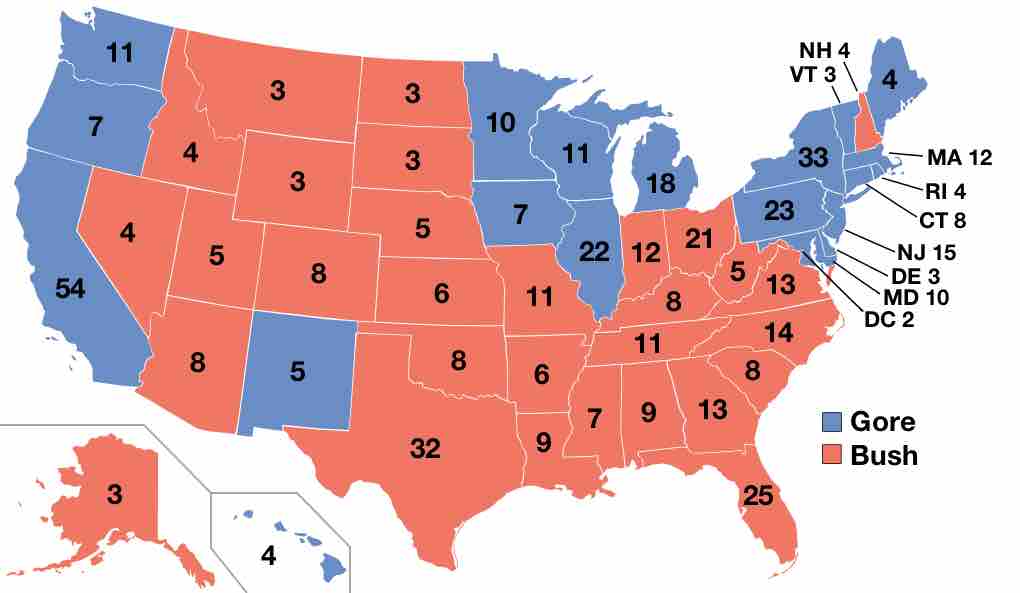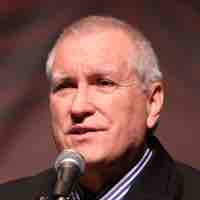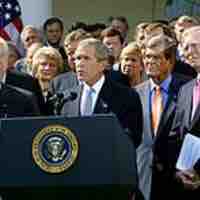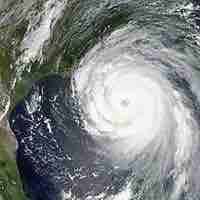Section 2
The George W. Bush Administration
By Boundless
George W. Bush's two terms in office were characterized by a socially conservative agenda, the U.S. response to the 9/11 attack, and the Iraq War.

In the disputed and extremely close 2000 presidential election, Democratic candidate Al Gore lost to Republican George W. Bush.

In "compassionate conservatism," a philosophy espoused by President George W. Bush, conservative techniques are thought to improve the welfare of society.
The Bush administration was often criticized for discounting the human influence on global warming and refusing to sign the Kyoto Protocol.

The attacks against the United States on September 11, 2001 led to a restructuring of the U.S. government and the initiation of the War on Terror.

The United States invaded Afghanistan in 2001 and then Iraq in 2003, justifying both as part of the ongoing "War on Terror."

In the 2004 presidential election, incumbent President George W. Bush was elected for a second term when he narrowly defeated Democratic candidate John Kerry.

In 2005, Hurricane Katrina caused extensive damage and the deaths of thousands of people along the Gulf Coast, particularly in New Orleans.
The 2008 global financial crisis was caused by widespread corporate fraud and risky loans and resulted in foreclosures, bank bailouts, and a global recession.